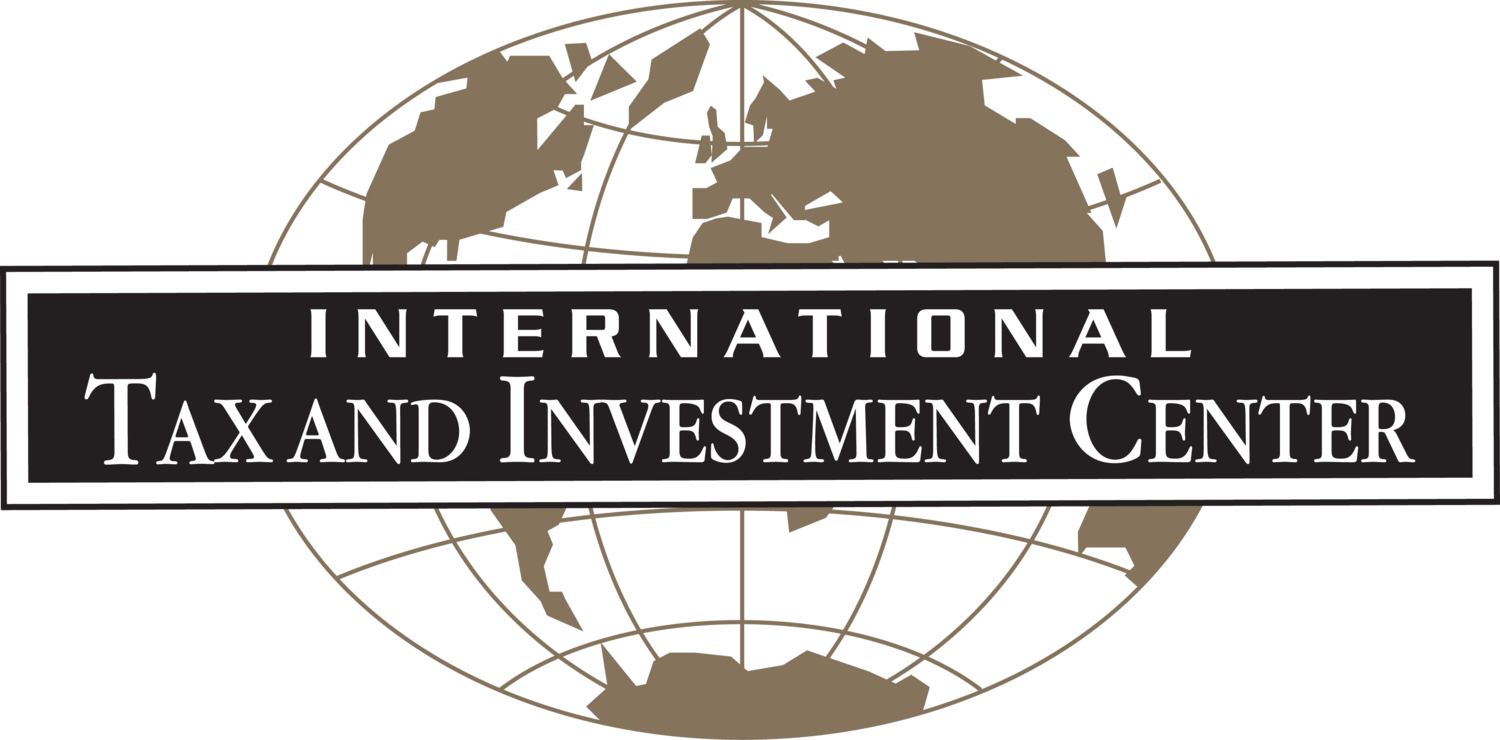On 17 March 2017, the Mozambique Revenue Authority (MRA) introduced a requirement for excise stamps on alcohol beverages and tobacco products pursuant to laws and regulations adopted to establish procedures for sealing alcohol beverages and tobacco manufactured products subject to excise duties. The revised law and regulations mandate the process of sealing beverages and manufactured tobacco for every producer, importer, supplier, and user, including enforcement agents. The scope of the regulation covers alcohol beverages and tobacco products contained in the following customs tariff code lines:
- 22.3 (beverages)
- 22.04 and 22.05 (wines)
- 22.08 (liquor, whisky, rum and others similar beverages)
- 24.02 (cigarettes and other similar goods)
To ensure effective implementation of these regulations, the Regional Directorate and Provincial Directorate of Customs Services issued complementary guidelines to customs officers, stakeholders, and clearance agents on required procedures for enrollment of producers and importers holding a license on goods subject to the mandatory excise stamps.
The introduction of excise stamps follows the decentralization of the Mozambique Customs Service, which requires registration at the local Provincial Customs Service branch within a period of 90 days (from 14 October 2016).
The excise stamps model adopted by the MRA ensures payment of an excise tax by selling these stamps to the taxpayer and collecting money in advance, with increased revenue collection estimated at 6.5-7.0%. For the MRA, these stamps represent a full payment of taxes and are seen as the best approach for payment of specific excise taxes. They also meet the objective of reducing illicit trade that results from smuggling and counterfeit beverages and cigarettes.
The regulation became mandatory on 1 May 2017 for all producers, importers, suppliers and retailers. It imposes the obligation on business entities holding unsealed stock to apply to the MRA to obtain excise stamps extraordinarily.
The challenge for the MRA is to control both excisable goods and stamps, which ultimately requires training and technical support to identify the stamps and check for authenticity. The same skills are required to check if excise stamps are used or counterfeited and whether retailers are complying with the regulations, as well as to impose strong penalties on offenders.
Marcos Miguel is a Customs Senior Officer at the Mozambique Revenue Authority (MRA). He holds an MBA in Customs Management from ESAMI (Eastern and Southern Africa Management Institute).

